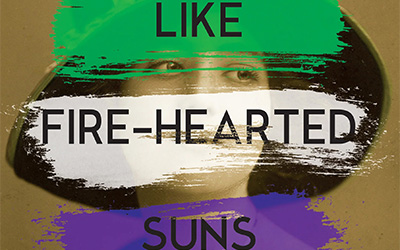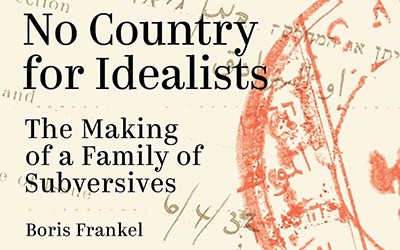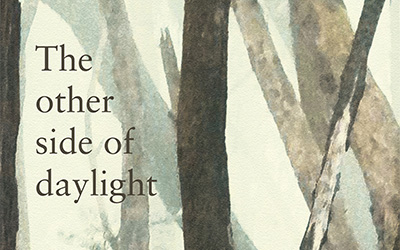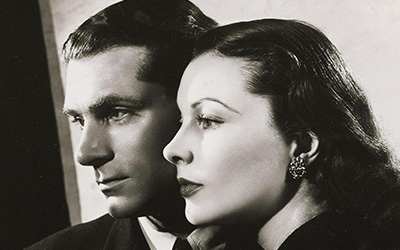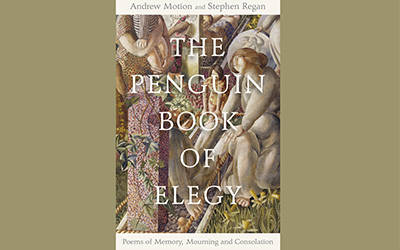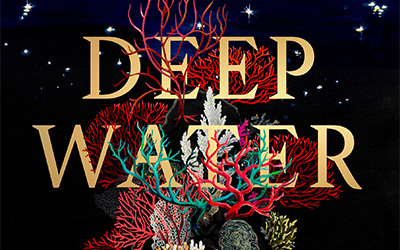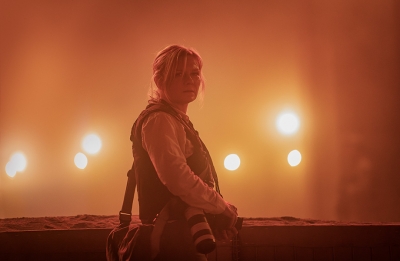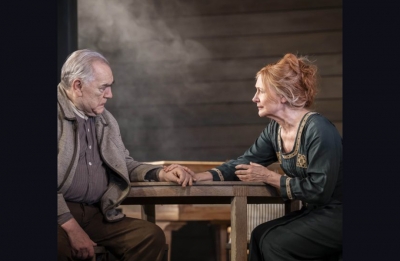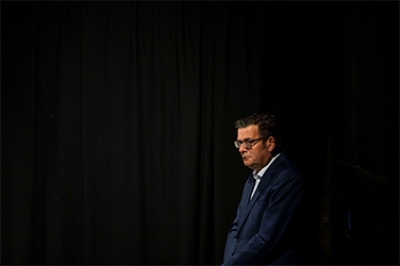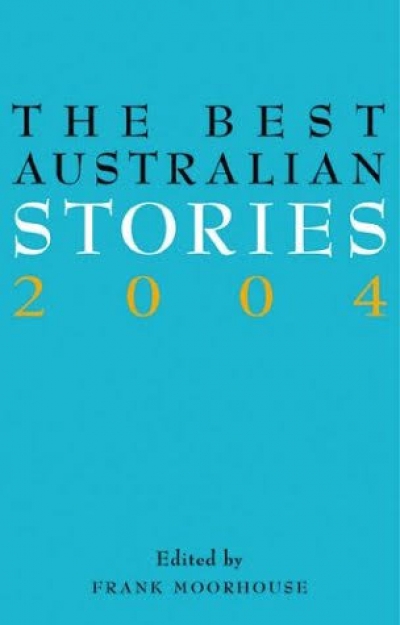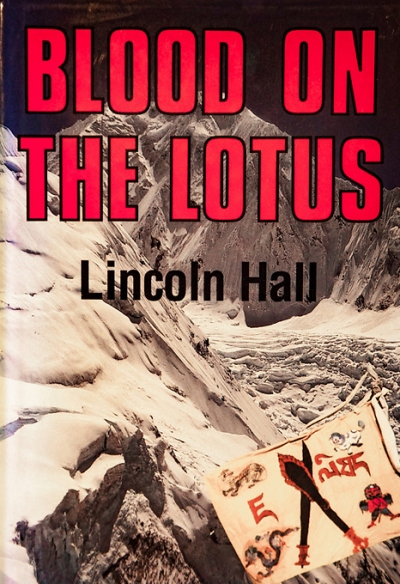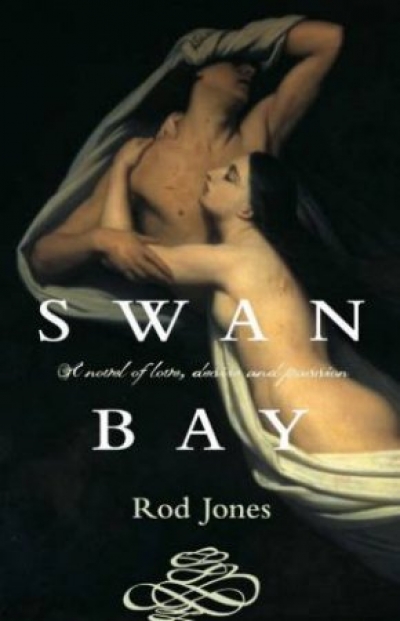‘Information and transformation: The continuing expansion of AustLit’ by Maggie Nolan
Say, you’re a school teacher in the Kimberley region of Western Australia, and you’re looking for a play for your class to perform that is set in Broome. Or maybe you’re a crime writer playing with the idea of writing a novel set in Sydney and want to check out what other crime novels have been set there. Perhaps you just found out that your great aunt once wrote a series of poems, and you want to know more. It could even be that you’re an author wanting to find the reviews of your latest short story collection. All this, and more, can be found in AustLit. Scholars of Australian literature know how valuable AustLit has been for over two decades, but anyone with an interest in Australian literary culture will find something worth exploring in Australia’s national literary database. AustLit will not only answer your questions, it will surely inspire more.







